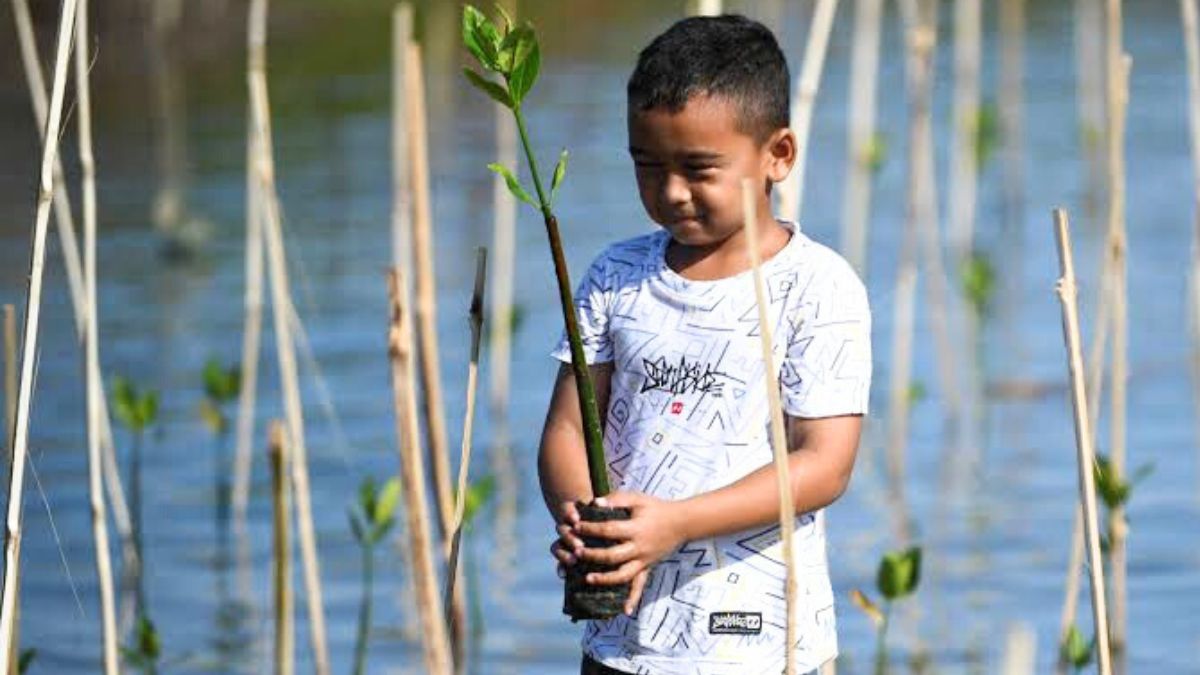Indonesian Defense Minister Prabowo Subianto has unveiled an ambitious plan to generate $65 billion for environmental initiatives by leveraging the country’s carbon credit market. This initiative is part of a broader strategy to combat climate change and promote sustainable development in Indonesia.
Under the proposed plan, the Indonesian government aims to monetize the country’s vast natural resources and forested areas through the sale of carbon credits. These credits are generated by projects that reduce greenhouse gas emissions, such as reforestation efforts and sustainable land management practices. By selling these credits on international markets, Indonesia hopes to raise significant funds to support green projects and bolster its climate resilience.
Prabowo’s proposal comes amid increasing global attention to carbon markets as a mechanism for addressing climate change. The funds raised are intended to be allocated towards a range of environmental and sustainability projects, including forest conservation, renewable energy investments, and infrastructure improvements designed to reduce the country’s carbon footprint.
The plan has been met with cautious optimism from environmental advocates and stakeholders, who see potential in harnessing carbon credits to fund critical green initiatives. However, some critics argue that the success of the proposal will depend on the effective management of the carbon credit program and the ability to ensure that the funds are used transparently and effectively.
Indonesia, with its extensive rainforests and biodiversity, is well-positioned to benefit from carbon credit sales. The country’s participation in the global carbon market aligns with international efforts to curb emissions and address the impacts of climate change. As Prabowo moves forward with his plan, the outcome will be closely monitored for its potential impact on both Indonesia’s environment and its economy.

